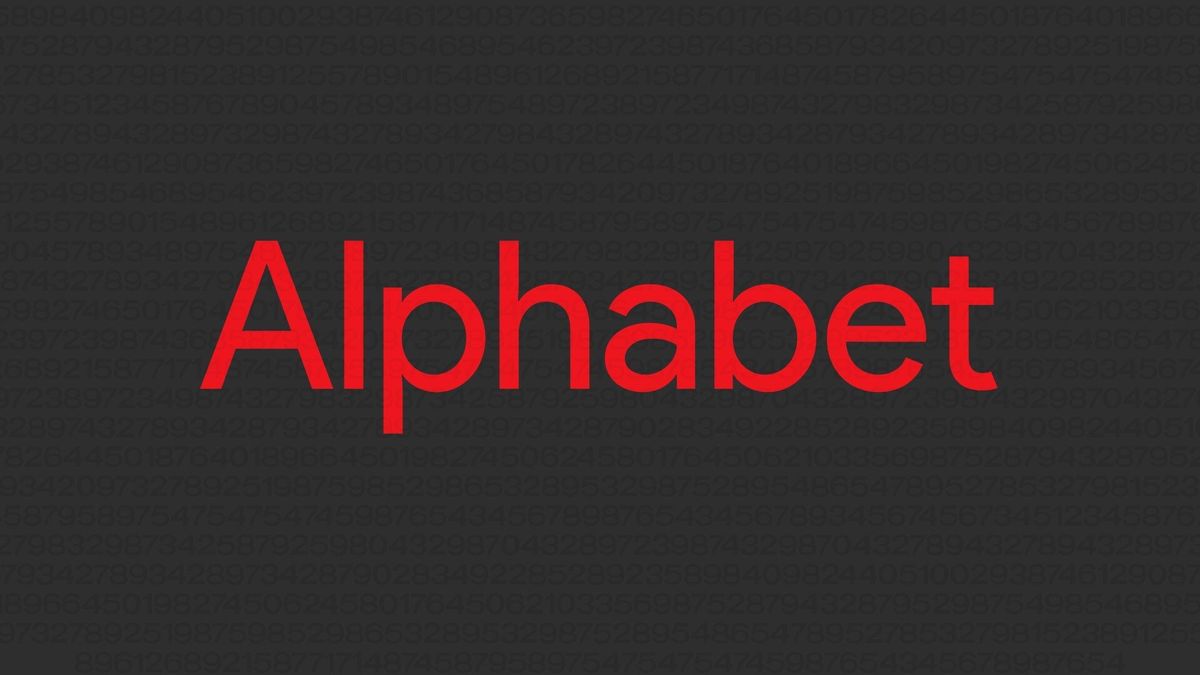On the Black Hat kickoff keynote on Wednesday, Jeff Moss (AKA Darkish Tangent), the founding father of Black Hat, centered on the safety implications of AI earlier than introducing the principle speaker, Maria Markstedter, CEO and founding father of Azeria Labs. Moss mentioned {that a} spotlight of the opposite Sin Metropolis hacker occasion — DEF CON 31 — proper on the heels of Black Hat, is a problem sponsored by the White Home wherein hackers try to interrupt prime AI fashions … to be able to discover methods to maintain them safe.
Bounce to:
Securing AI was additionally a key theme throughout a panel at Black Hat a day earlier: Cybersecurity within the Age of AI, hosted by safety agency Barracuda. The occasion detailed a number of different urgent matters, together with how generative AI is reshaping the world and the cyber panorama, the potential advantages and dangers related to the democratization of AI, how the relentless tempo of AI improvement will have an effect on our skill to navigate and regulate tech, and the way safety gamers can evolve with generative AI to the benefit of defenders.
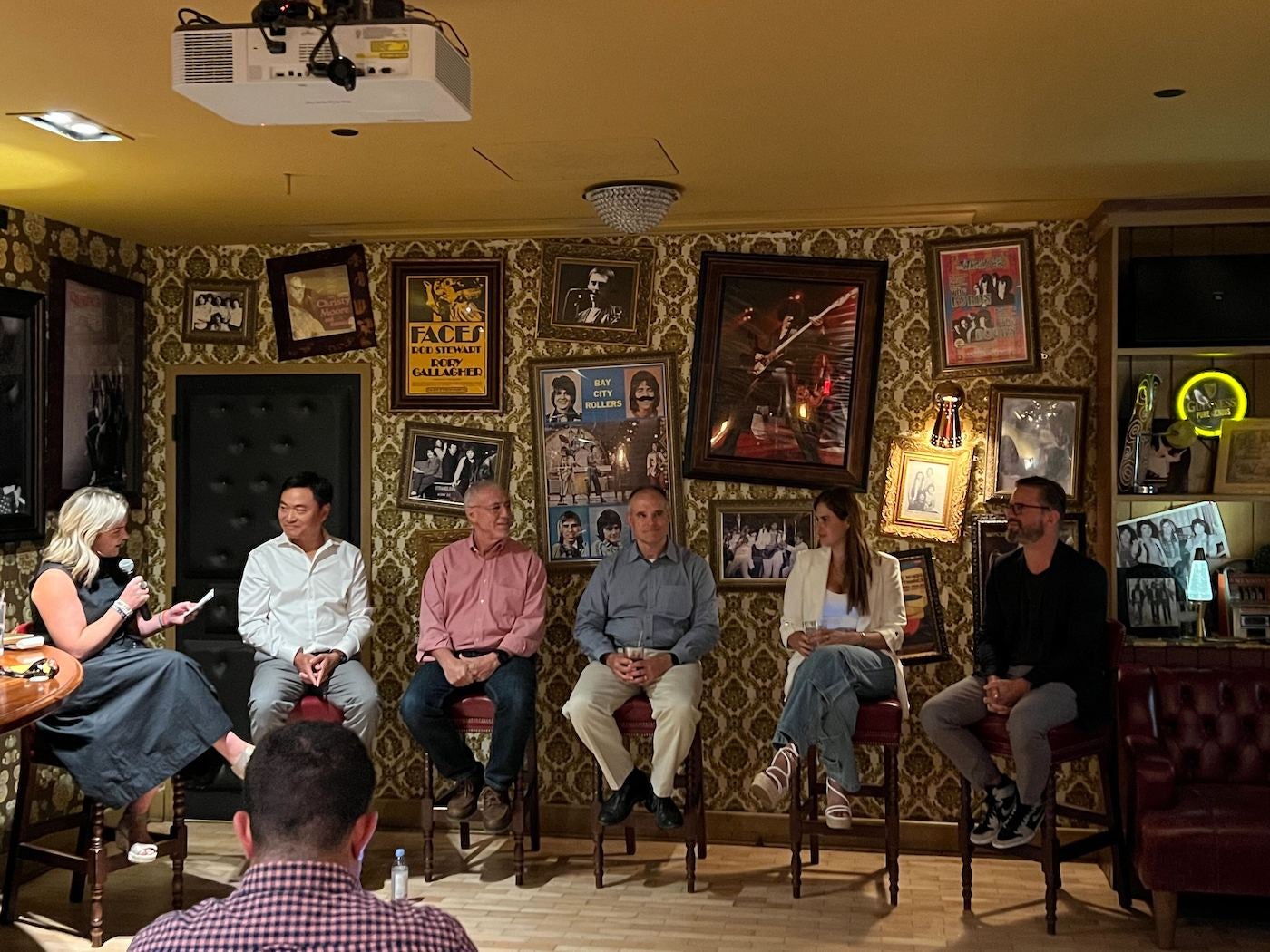
One factor all the panelists agreed upon is that AI is a significant tech disruption, however it’s also necessary to recollect that there’s a lengthy historical past of AI, not simply the final six months. “One of many first and straightforward wins will likely be improved consumer interfaces for instruments,” mentioned Mark Ryland, director, Workplace of the CISO at AWS.
From the angle of coverage, it’s about understanding the way forward for the market, in keeping with Dr. Amit Elazari, co-founder and CEO of OpenPolicy and cybersecurity professor at UC Berkeley.
SEE: CrowdStrike at Black Hat: Velocity, Interplay, Sophistication of Risk Actors Rising in 2023 (TechRepublic)
“Very quickly you will note a big govt order from the [Biden] administration that’s as complete because the cybersecurity govt order,” mentioned Elazari. “It’s actually going to deliver forth what we within the coverage area have been predicting: a convergence of necessities in danger and excessive danger, particularly between AI privateness and safety.”
She added that AI danger administration will converge with privateness safety necessities. “That presents an fascinating alternative for safety firms to embrace holistic danger administration posture slicing throughout these domains.”
Attackers and defenders: How generative AI will tilt the stability
Whereas the jury remains to be out on whether or not attackers will profit from generative AI greater than defenders, the endemic scarcity of cybersecurity personnel presents a possibility for AI to shut that hole and automate duties which may present a bonus to the defender, famous Michael Daniel, president and CEO of Cyber Risk Alliance and former cyber czar for the Obama administration.
SEE: Conversational AI to Gas Contact Heart Market to 16% Progress (TechRepublic)
“We’ve an enormous scarcity of cybersecurity personnel,” Daniel mentioned. “… To the extent that you should use AI to shut the hole by automating extra duties. AI will make it simpler to deal with work which may present a bonus,” he added.
AI and the code pipeline
Daniel speculated that, due to the adoption of AI, builders might drive the exploitable error charge in code down up to now that, in 10 years, it is going to be very troublesome to search out vulnerabilities in pc code.
Elazari argued that the generative AI improvement pipeline — the sheer quantity of code creation concerned — constitutes a brand new assault floor.
“We’re producing much more code on a regular basis, and if we don’t get quite a bit smarter by way of how we actually push safe lifecycle improvement practices, AI will simply duplicate present practices which are suboptimal. In order that’s the place we’ve got a possibility for specialists doubling down on lifecycle improvement,” she mentioned.
Utilizing AI to do cybersecurity for AI
The panelists additionally mulled over how safety groups observe cybersecurity for the AI itself — how do you do safety for a big language mannequin?
Daniel recommended that we don’t essentially know the way to discern, for instance, whether or not an AI mannequin is hallucinating, whether or not it has been hacked or whether or not dangerous output means deliberate compromise. “We don’t even have the instruments to detect if somebody has poisoned the coaching knowledge. So the place the trade must put effort and time into defending the AI itself, we must see the way it works out,” he mentioned.
Elazari mentioned in an atmosphere of uncertainty, comparable to is the case with AI, embracing an adversarial mindset will likely be vital, and utilizing present ideas like crimson teaming, pen testing, and even bug bounties will likely be needed.
“Six years in the past, I envisioned a future the place algorithmic auditors would have interaction in bug bounties to search out AI points, simply as we do within the safety discipline, and right here we’re seeing this occur at DEF CON, so I feel that will likely be a possibility to scale the AI career whereas leveraging ideas and learnings from safety,” Elazari mentioned.
Will AI assist or hinder human expertise improvement and fill vacant seats?
Elazari additionally mentioned that she is worried concerning the potential for generative AI to take away entry-level positions in cybersecurity.
“Numerous this work of writing textual and language work has additionally been an entry level for analysts. I’m a bit involved that with the size and automation of generative AI entry, even the few degree positions in cyber will get eliminated. We have to preserve these positions,” she mentioned.
Patrick Coughlin, GVP of Safety Markets, at Splunk, recommended considering of tech disruption, whether or not AI or some other new tech, as an amplifier of functionality — new know-how amplifies what folks can do.
“And that is sometimes symmetric: There are many benefits for each constructive and unfavorable makes use of,” he mentioned. “Our job is to verify they not less than stability out.”
Do fewer foundational AI fashions imply simpler safety and regulatory challenges?
Coughlin identified that the price and energy to develop basis fashions might restrict their proliferation, which might make safety much less of a frightening problem. “Basis fashions are very costly to develop, so there’s a sort of pure focus and a excessive barrier to entry,” he mentioned. “Subsequently, not many firms will put money into them.”
He added that, as a consequence, plenty of firms will put their very own coaching knowledge on prime of different peoples’ basis fashions, getting robust outcomes by placing a small quantity of customized coaching knowledge on a generic mannequin.
“That would be the typical use case,” Coughlin mentioned. “That additionally signifies that it is going to be simpler to have security and regulatory frameworks in place as a result of there received’t be numerous firms with basis fashions of their very own to manage.”
What disruption means when AI enters the enterprise
The panelists delved into the issue of discussing the menace panorama due to the velocity at which AI is creating, given how AI has disrupted an innovation roadmap that has concerned years, not weeks and months.
“Step one is … don’t freak out,” mentioned Coughlin. “There are issues we will use from the previous. One of many challenges is we’ve got to acknowledge there’s plenty of warmth on enterprise safety leaders proper now to supply definitive and deterministic options round an extremely quickly altering innovation panorama. It’s onerous to speak a couple of menace panorama due to the velocity at which the know-how is progressing,” he mentioned.
He additionally said that inevitably, to be able to defend AI techniques from exploitation and misconfiguration, we are going to want safety, IT and engineering groups to work higher collectively: we’ll want to interrupt down silos. “As AI techniques transfer into manufacturing, as they’re powering an increasing number of customer-facing apps, it is going to be more and more vital that we break down silos to drive visibility, course of controls and readability for the C suite,” Coughlin mentioned.
One other of the panelists pointed to 3 penalties of the introduction of AI into enterprises from the angle of a safety practitioner: First, it sometimes introduces a brand new assault floor space and a brand new idea of vital property, comparable to coaching knowledge units; second, it introduces a brand new option to lose and leak knowledge, in addition to new points round privateness; and third it has implications for regulation and compliance.
Generative AI as a boon to cybersecurity work and coaching
When the panelists have been queried about the advantages of generative AI and the constructive outcomes it could actually generate, Fleming Shi, CTO of Barracuda, mentioned AI fashions have the potential to make just-in-time coaching viable utilizing generative AI.
“And with the fitting prompts, the fitting sort of information to ensure you could make it customized, coaching may be extra simply applied and extra interactive,” Shi mentioned, rhetorically asking whether or not anybody enjoys cybersecurity coaching. “In case you make it extra personable [using large language models as natural language engagement tools], folks — particularly children — can study from it. When folks stroll into their first job, they are going to be higher ready, able to go,” he added.
Daniel mentioned that he’s optimistic, “which can sound unusual coming from the previous cybersecurity coordinator of the U.S.,” he quipped. “I used to be not generally known as the Bluebird of Happiness. General, I feel the instruments we’re speaking about have the big potential to make the observe of cybersecurity extra satisfying for lots of people. It might probably take alert fatigue out of the equation and really make it a lot simpler for people to deal with the stuff that’s truly fascinating.”
He mentioned he has hope that these instruments could make the observe of cybersecurity a extra partaking self-discipline. “We might go down the silly path and let it block entry to the cybersecurity discipline, but when we use it proper — by considering of it as a ‘copilot’ relatively than a substitute — we might truly broaden the pool of [people entering the field],” Daniel added.
Learn subsequent: ChatGPT vs Google Bard (2023): An In-Depth Comparability (TechRepublic)
Disclaimer: Barracuda Networks paid for my airfare and lodging for Black Hat 2023.


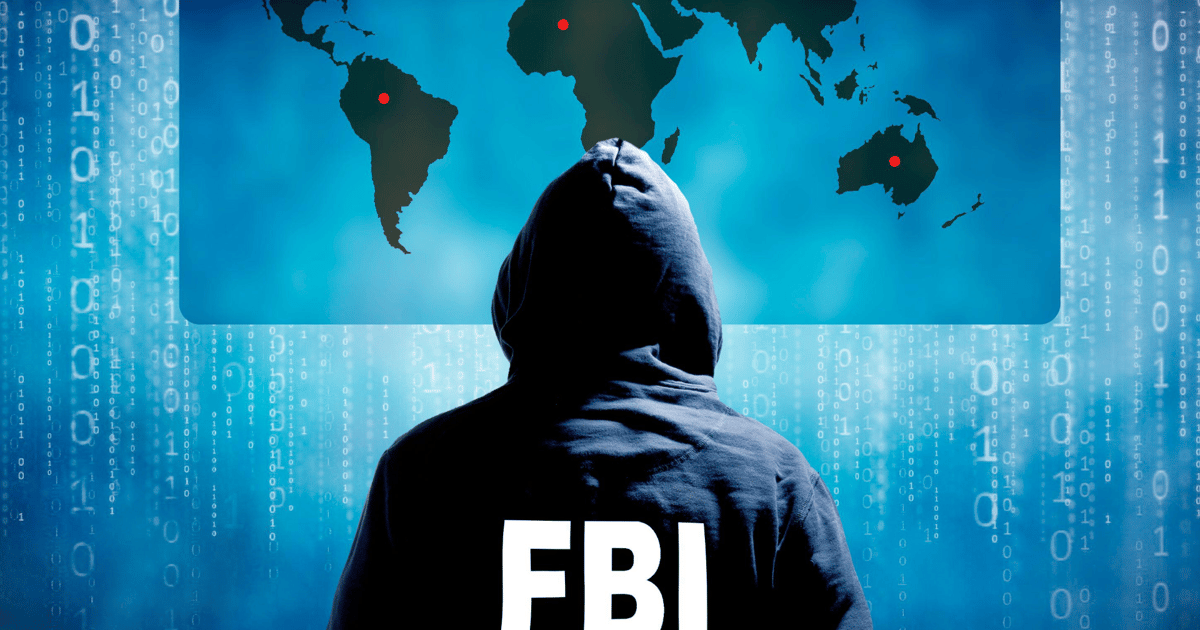
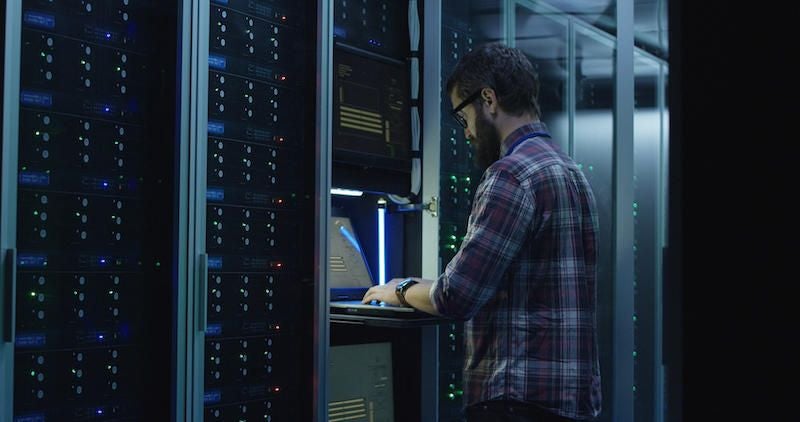






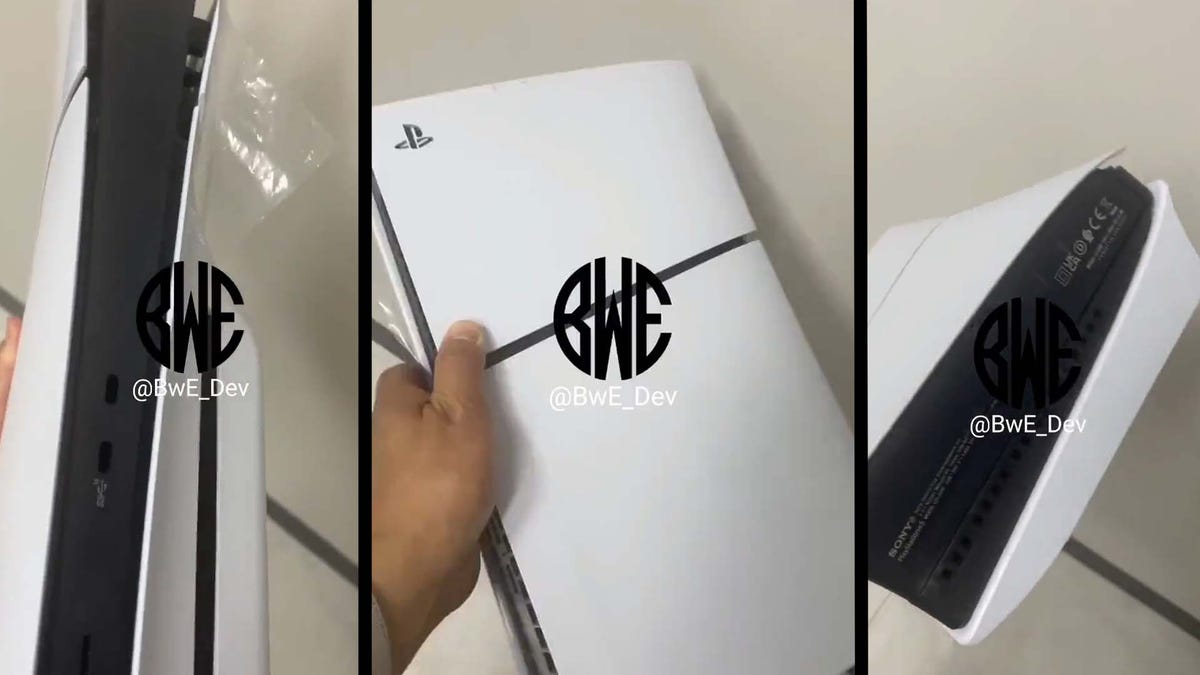






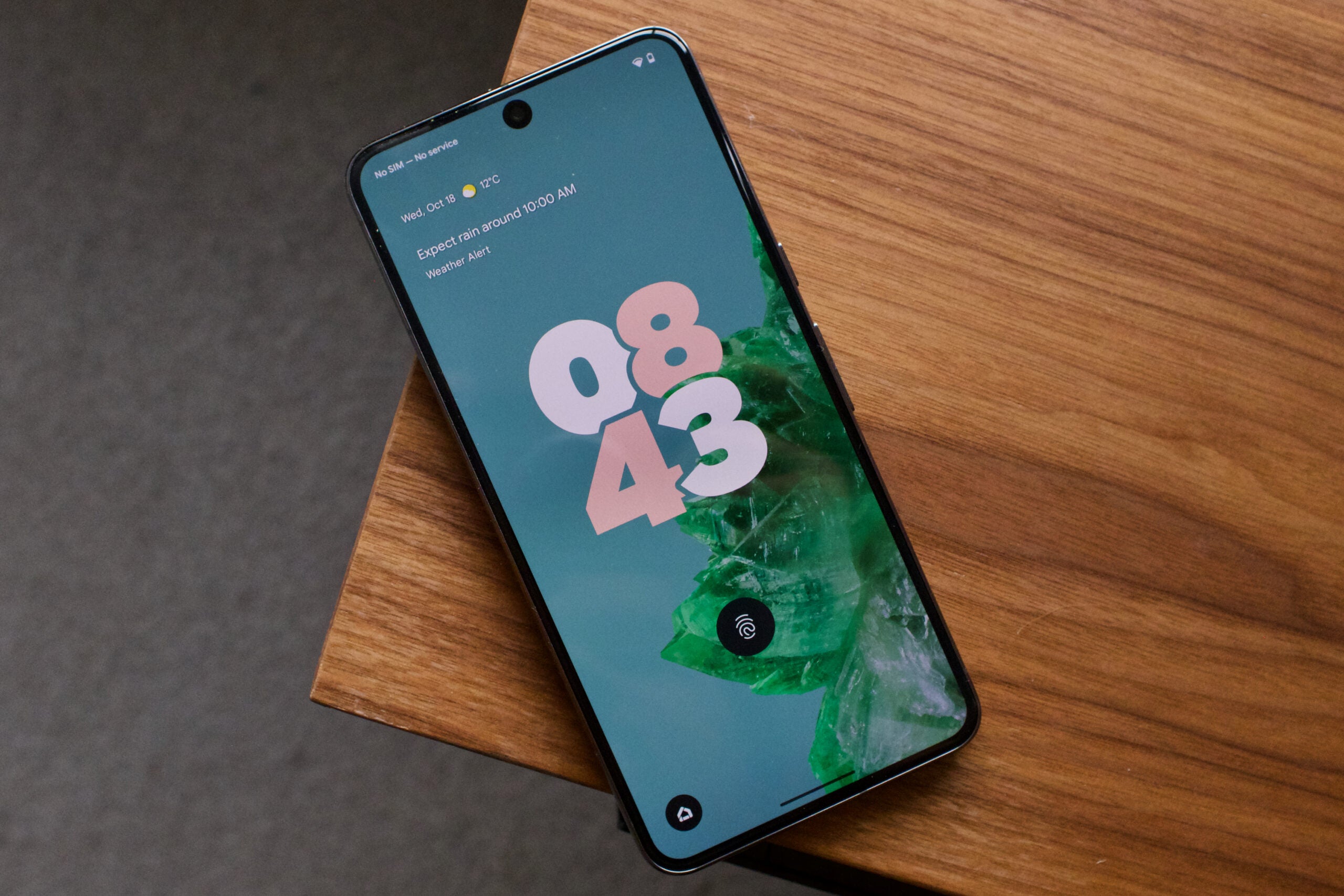

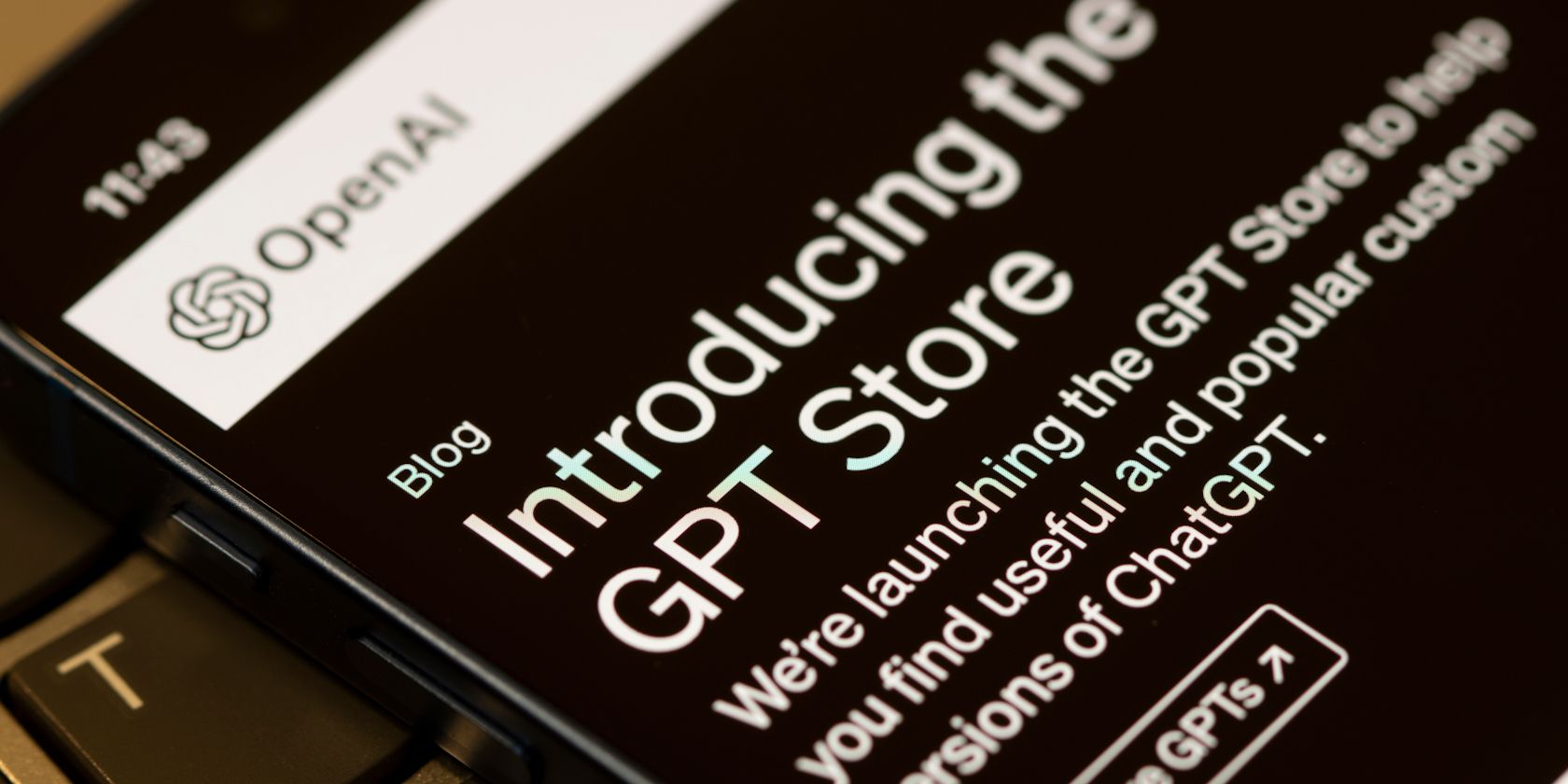

.jpg)
